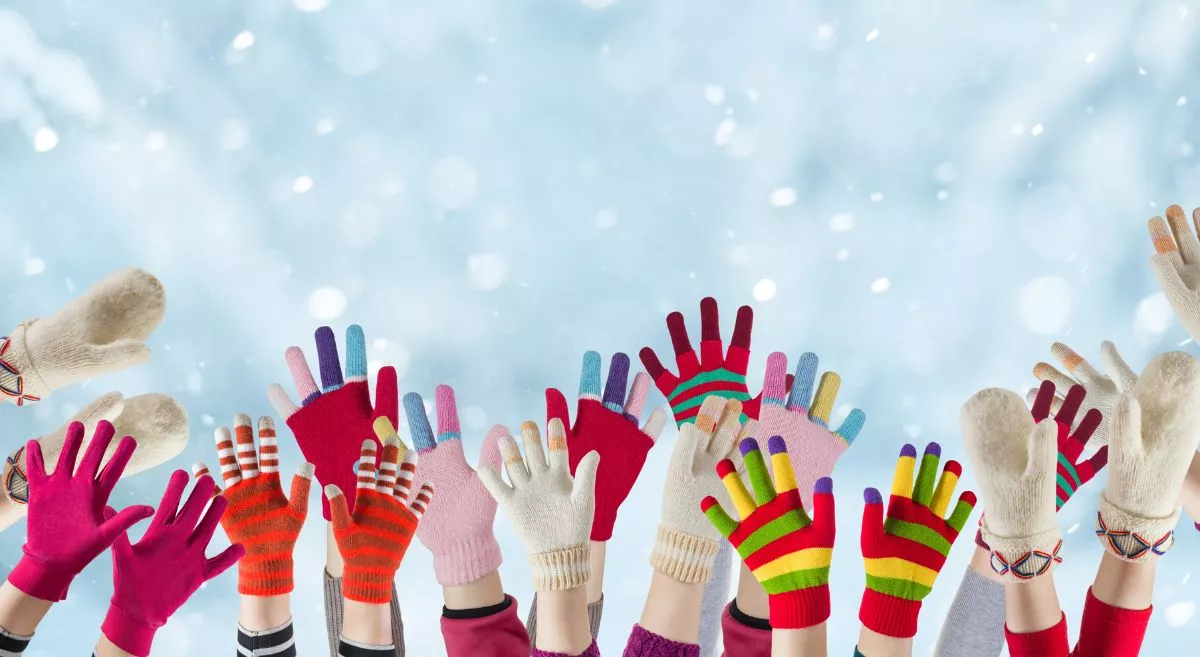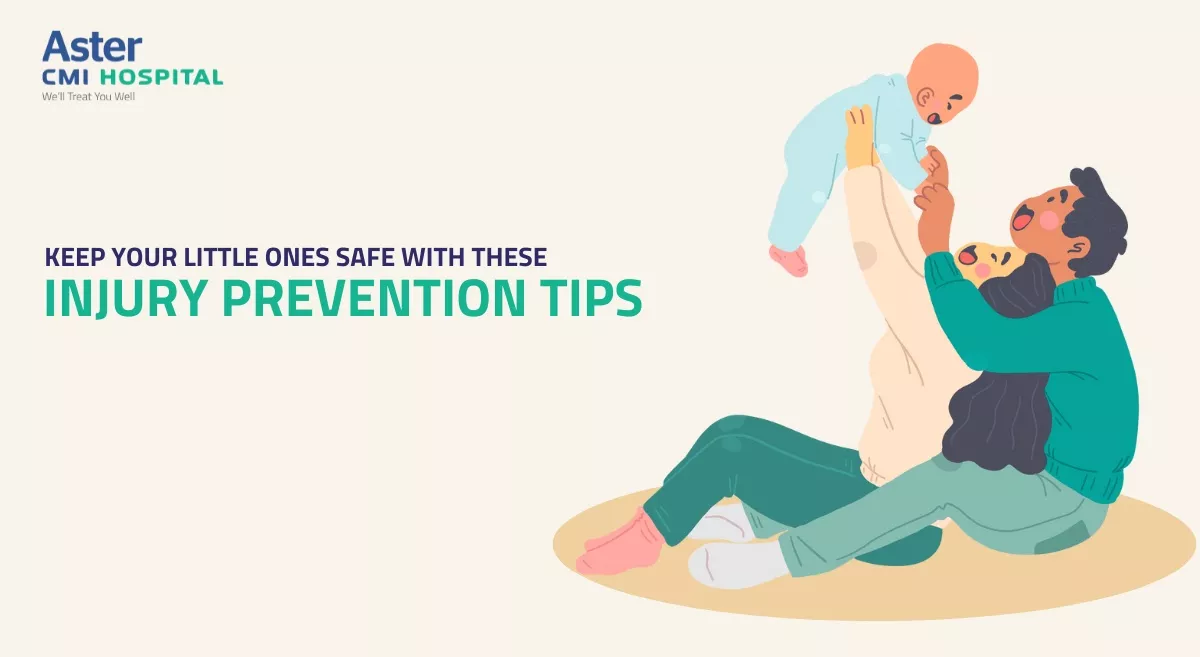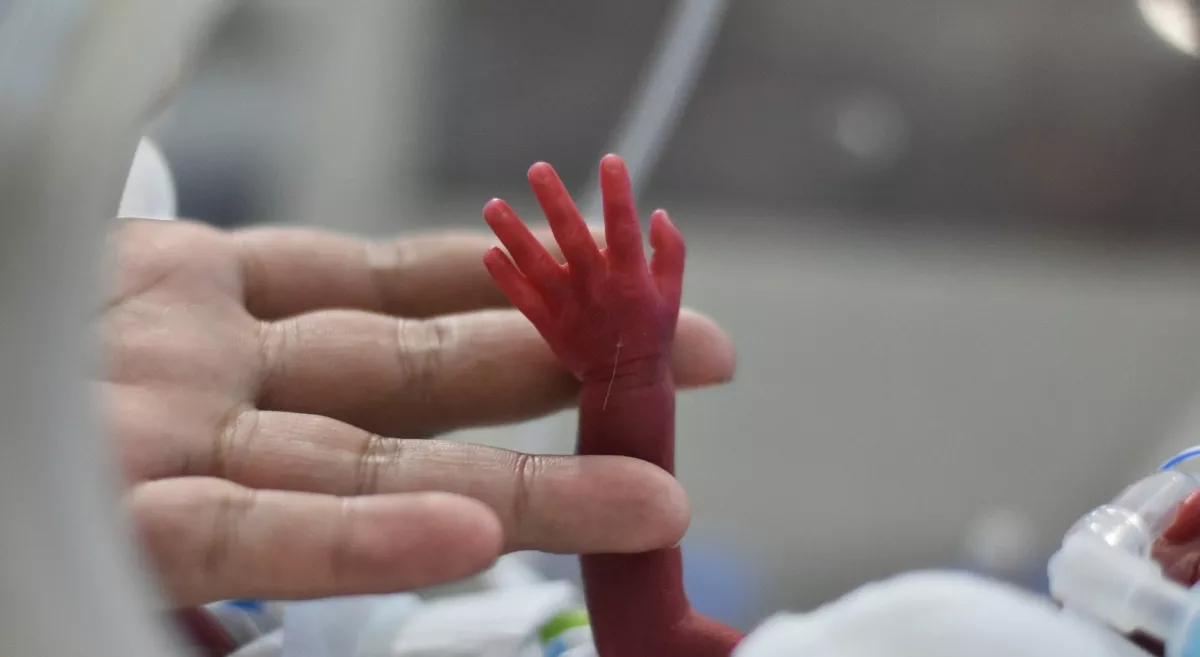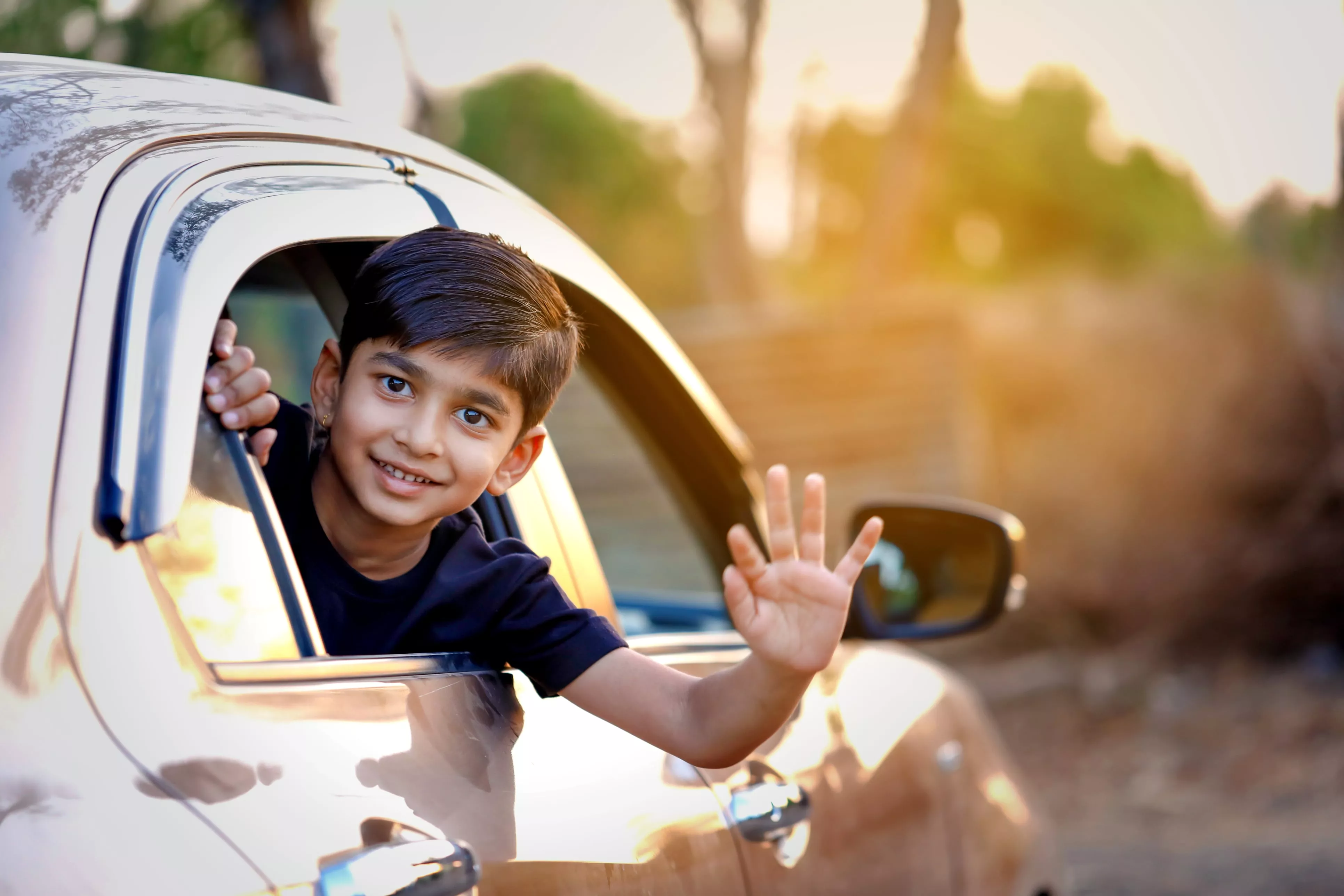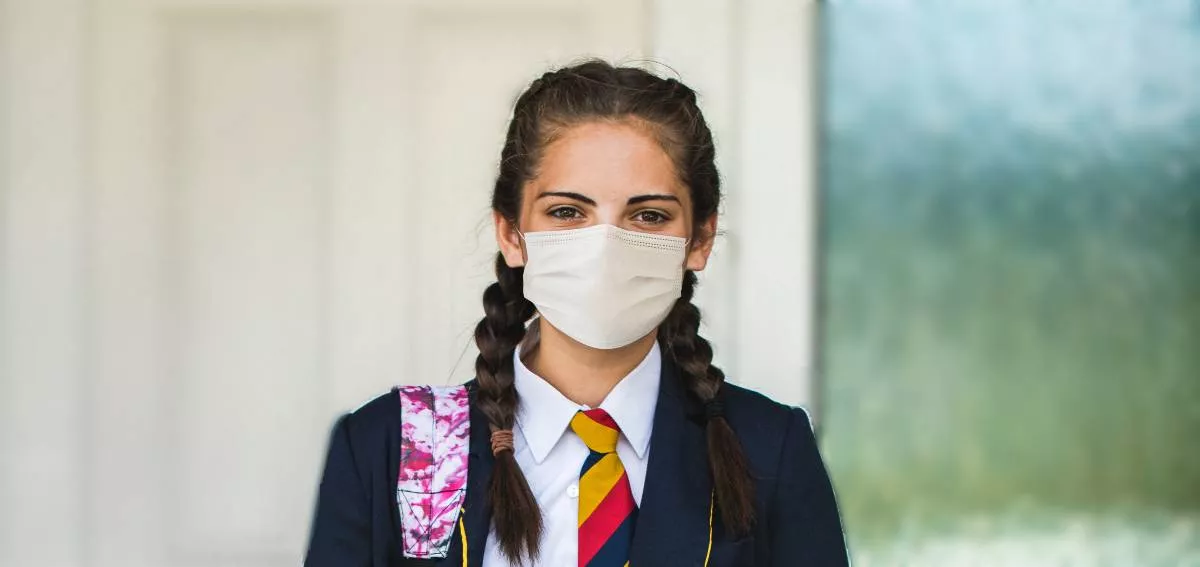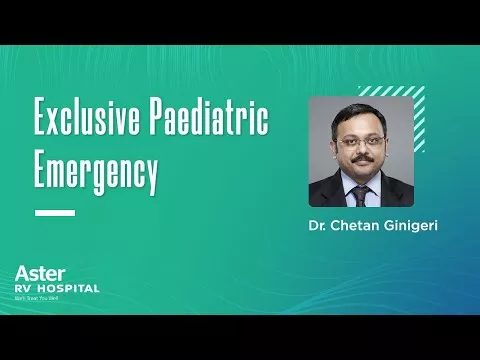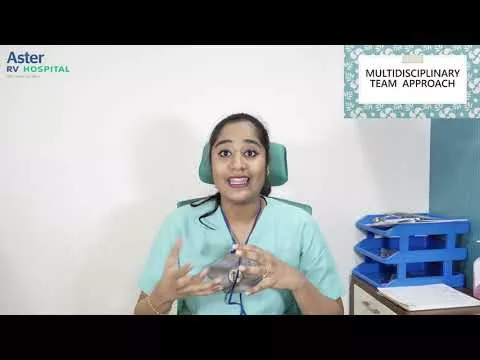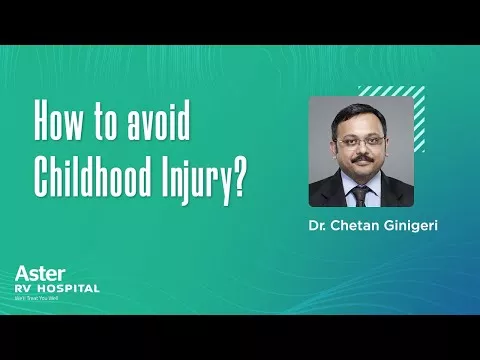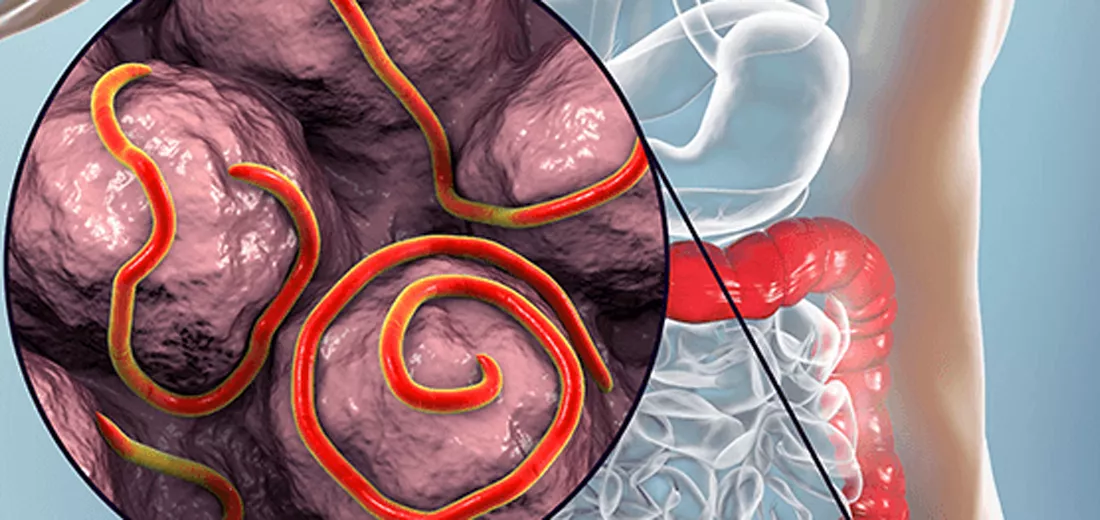Unintentional accidental injury is the greatest danger to children's survival. No other disease in mankind is killing and maiming as many children as accidents.
Unintended household accidents are perceived by children to be the leading cause of death. According to a report by WHO, the lives of more than 2,000 families worldwide are ripped apart by the loss of a child to an unintended injury or "accident" that could have been avoided.
The sorrow of those families are immense and sometimes affect whole societies. Such a disaster can irrevocably change lives.
For time being, the coronavirus pandemic has caused schools and workplaces around the country to shut down, making sure that social distancing keeps people apart. Now school and work take place at home, and largely simultaneously.
Although thousands of parents are now working remotely and are trying to create a balance between their job and home life, they also find it difficult to ensure child protection and to pay attention to their child's needs.
Most typically repeat the injury prevention techniques that are specific to them, but do not protect their children properly. The maturity of children and their interests and needs are different from those of adults. Consequently, proven measures such as child-resistant packaging for medications, fencing around swimming pools, temperature regulation of hot water taps and window guards have been seen to be effective in avoiding possible hazards for children in an adult-friendly home.
How to keep your child safe indoors and outdoors?
Once a child reaches the age of five and above, unintended injury is one of the biggest risk to their survival. Such injuries are also a major cause of disabilities among them, and can have a lasting effect on all facets of their lives, such as relationships, learning and playing.
The capacity of children to grasp danger does not suit their curiosity and cause them to discover their world. Children live in an environment built for adults and they are more prone to accidents as their body contours and habits are different.
Child accidents have been ignored for years, and are largely absent from local as well as global child protection programs. Therefore, at a time when parents are working from home and struggling to cope with the needs of their child, they need to be advised on how to control their children's safety at home and how to ensure that their home is childproof.
Common Childhood Injuries:
Some of the most common causes of childhood injuries are falls. For example, from a table, a bed or a ladder, or falling over when running by not seeing a step or going too fast to stop safely.
Other common injuries among children include swallowing poisons, burns from hot water or fire, drowning, or getting badly sunburnt. Children can also get hurt when learning a new activity, like riding a bike, or when trying to use something that belongs to an older child (such as a skateboard).
How to sensitize children from an early age on home safety?
Young children cannot understand risk. They cannot understand that even though you told them about the risk, they could get hurt or even murdered. Young kids can understand "Stop" or "No," but they can't understand "Do not go down the street because you're going to get hit by a car."
They are too busy focusing on one task, for example on running without falling over. They may understand "no" in the case of toddlers but may not have learned to follow it yet. Young children just see where they are going (chasing a ball, running to a friend) – they have 'tunnel vision,' so they cannot tell if something is moving, like a vehicle, or how fast it is moving.
How can you best keep your children safe?
It is our duty as adults to find out what could harm a child, and to figure out how to keep young children safe. There's a series of steps you can take to help protect a child.
Stay out of the danger:
For example, if you are or have been using chemicals in the garden, it is better to throw away leftover chemicals.
Alter the hazard to make it less dangerous:
For example, many children get injured when they fall off bunk beds. Put the top-level bed down on the floor so that you have two small beds; put the ladder down on the ground; stop holding the table and stool close to the balcony parapet or windows; and make sure the outdoor play area of the child is a long way from where the cargoes.
Block access to danger:
For example, put medicines and cleaning chemicals in a locked cupboard, and remove the key (or use a 'child-proof' cupboard); always remove the keys from the car.
Stop your kids if they do something that you think is dangerous:
pick them up and put them in a safe place (you are the grown-up and you are bigger); if they're too far away, shout something very simple, very loud, like STOP! Don't say more words, because you need to concentrate on avoiding them.
Reminder:
Have emergency phone numbers near the phone like police, ambulance, fire, and doctor; Keep a first aid kit in a home and car; check that homes and public areas you go along with child are safe; do a first-aid course that requires emergency resuscitation, so that you will know what to do.
In the end, protection of children is not our option, it is our duty!
Schedule appointment with Top Pediatrician in Bangalore or visit Best Child Care Hospital in Bangalore to avail hi-tech treatments and facilities.





